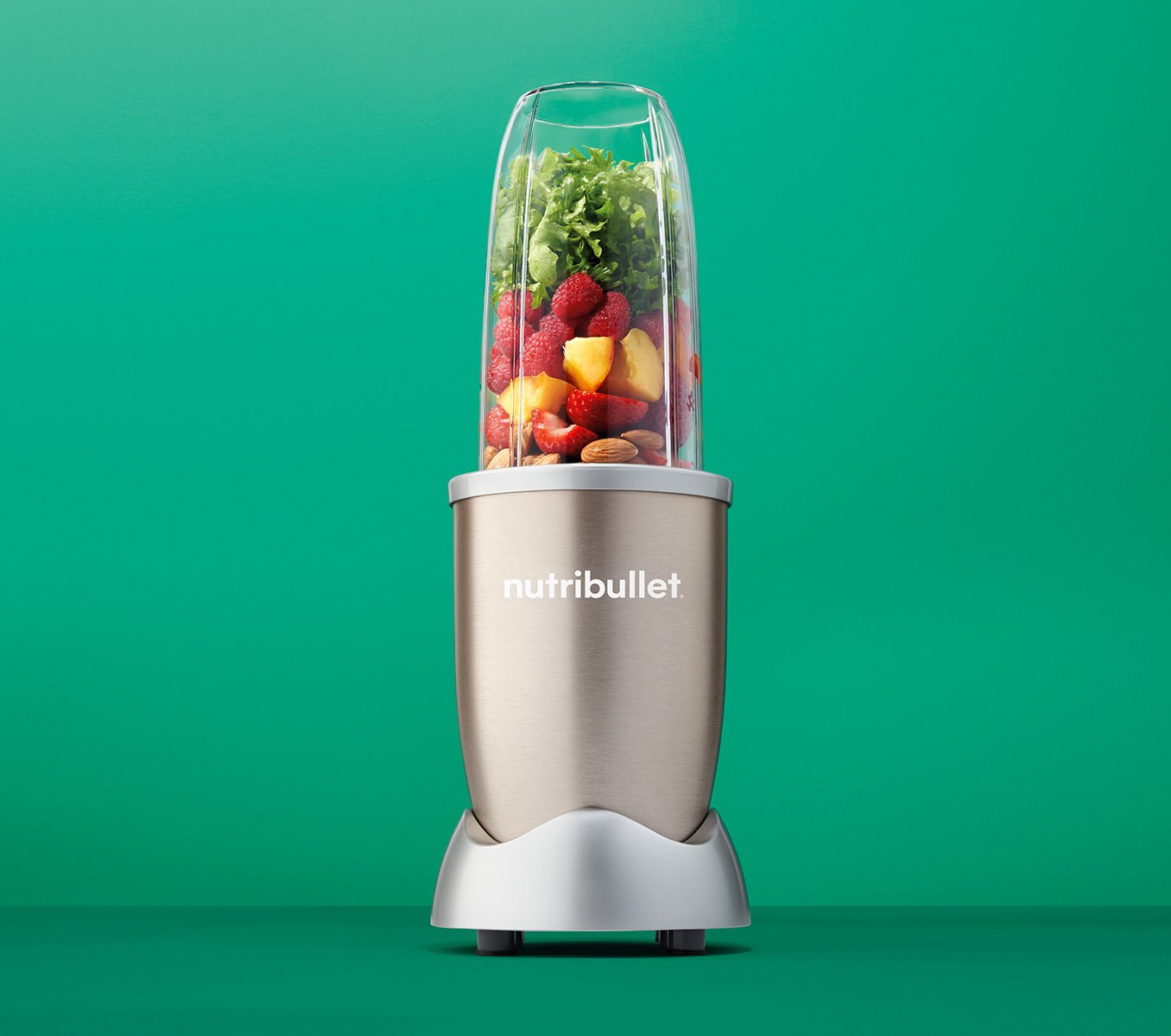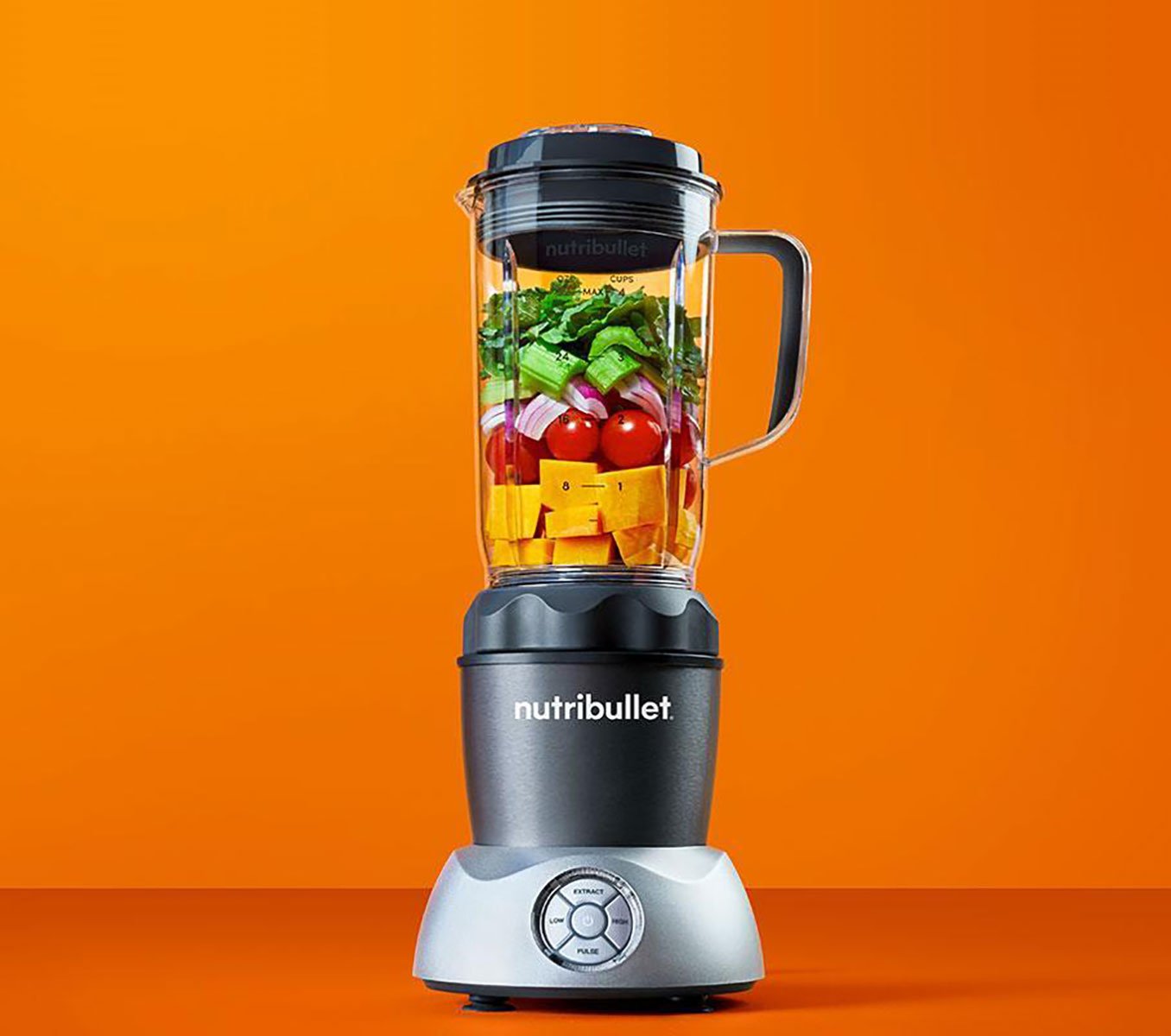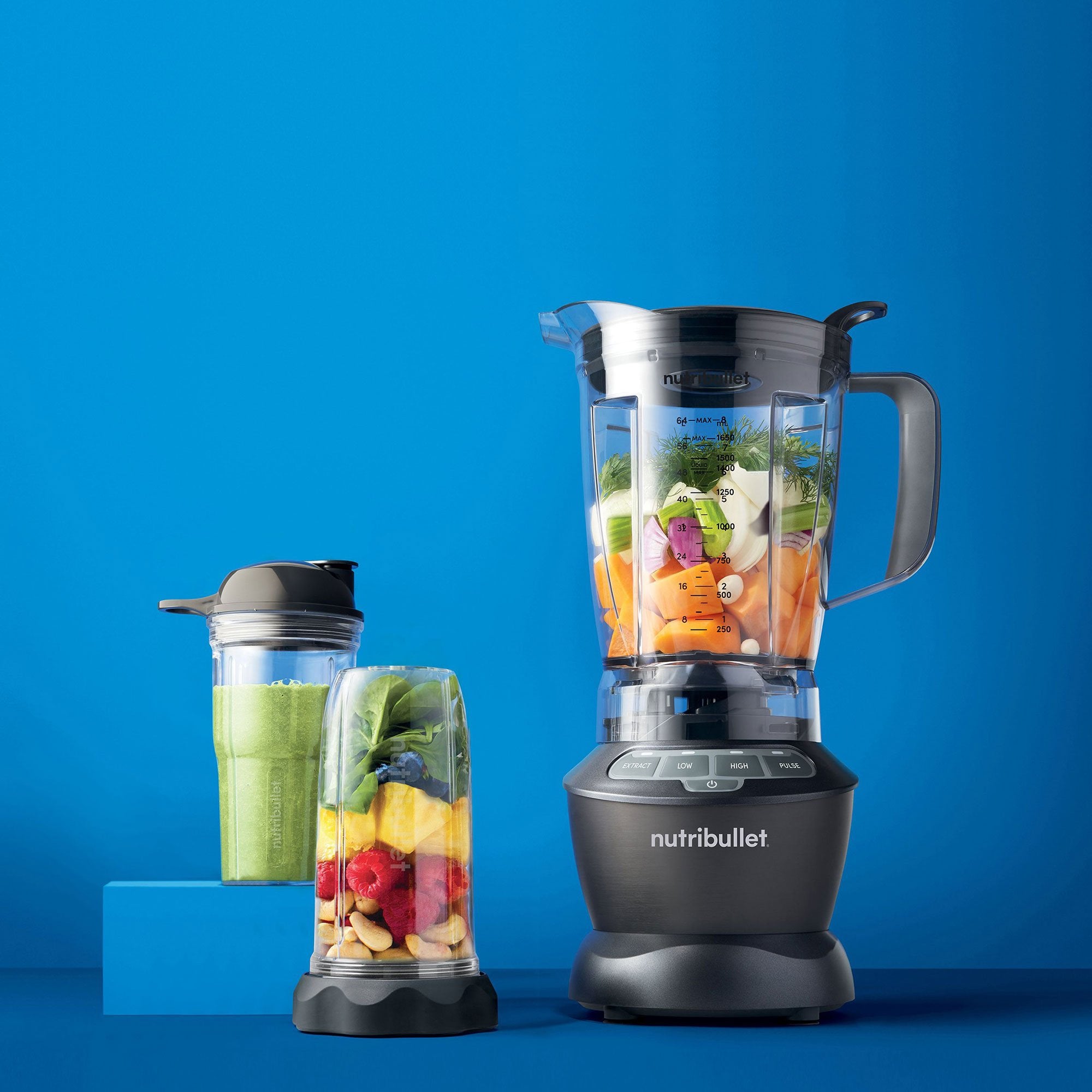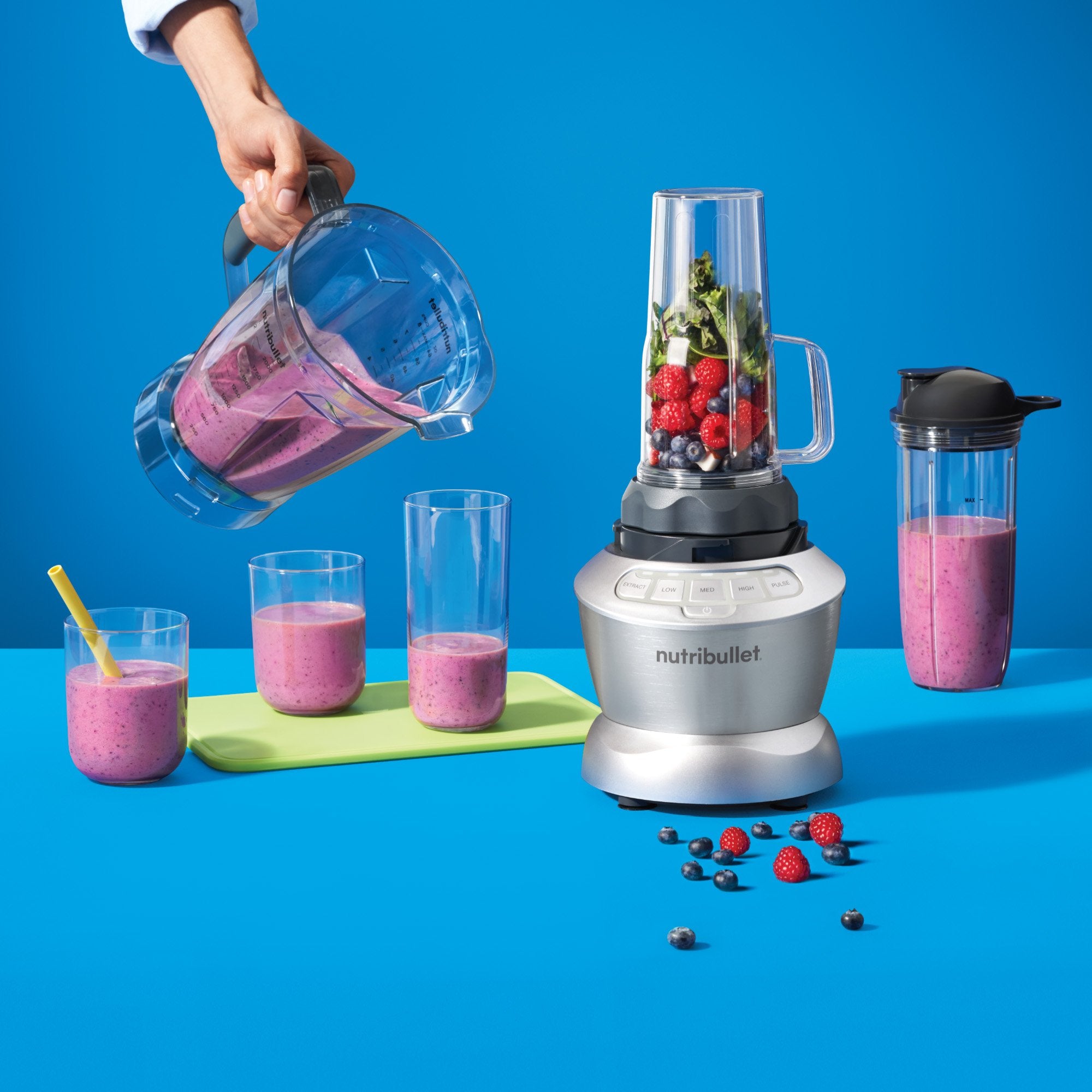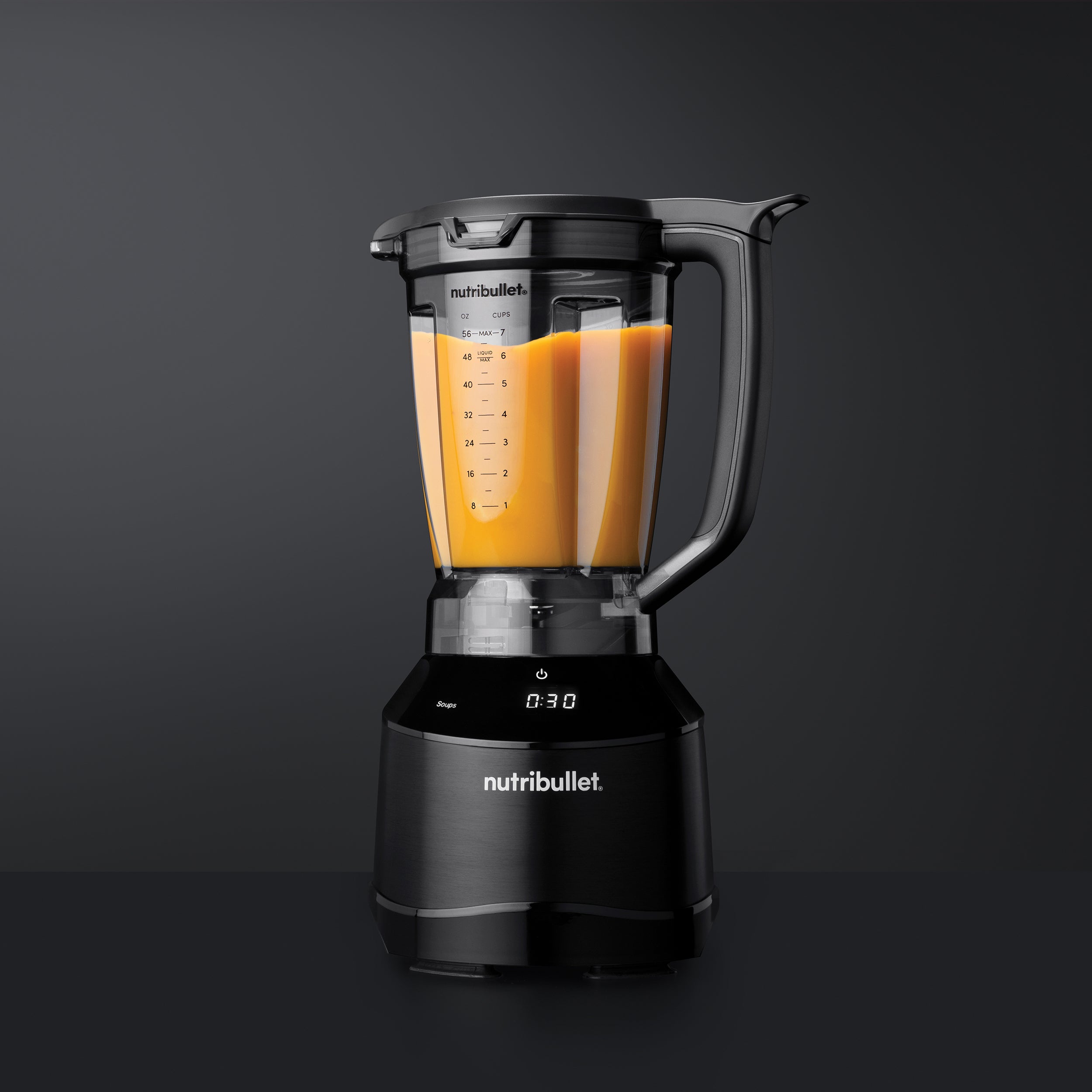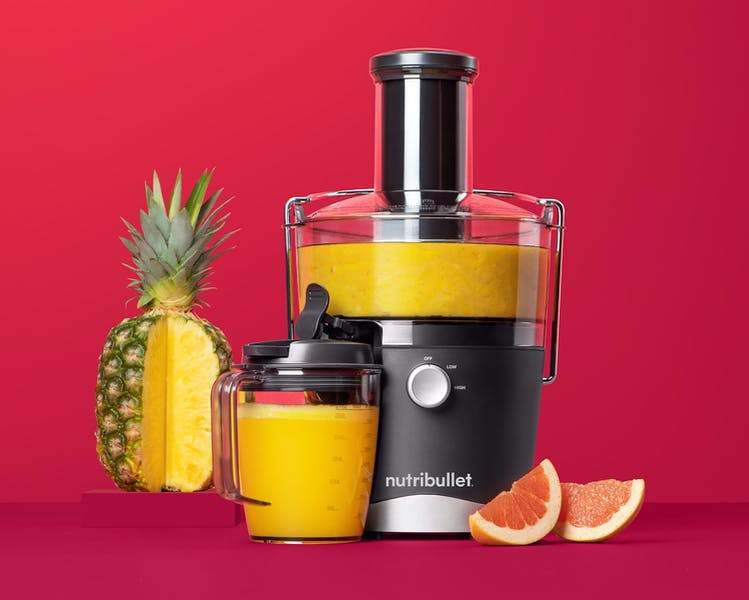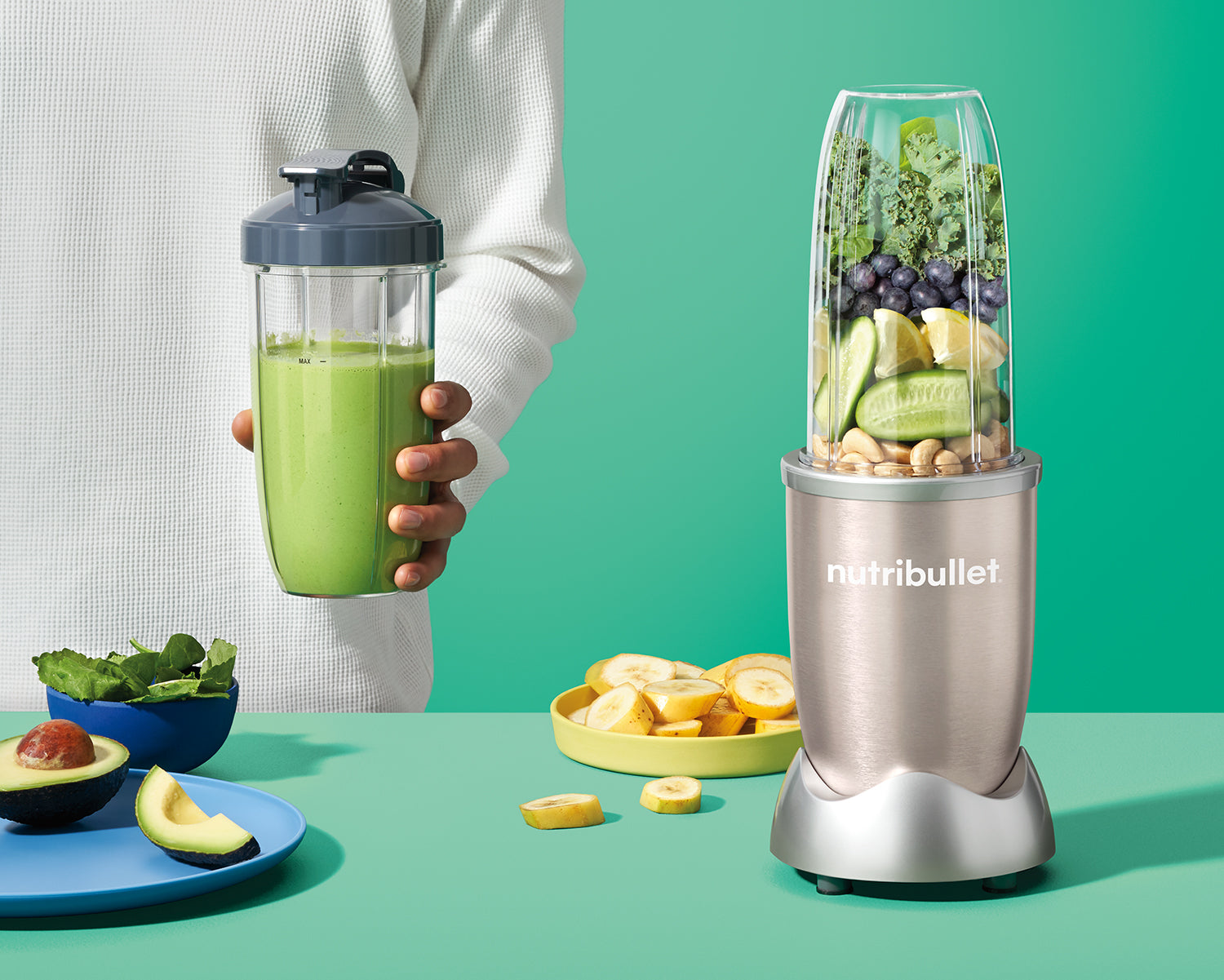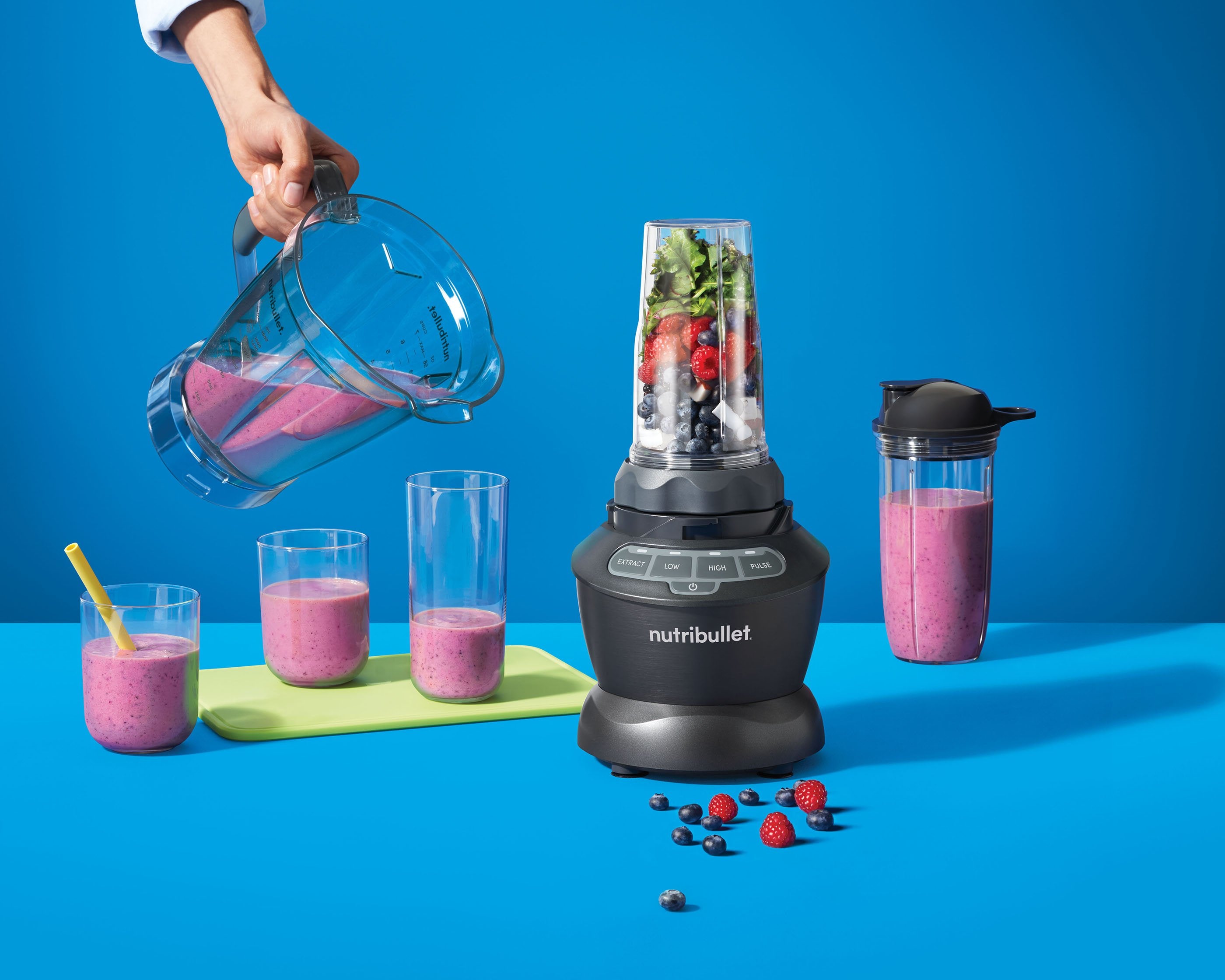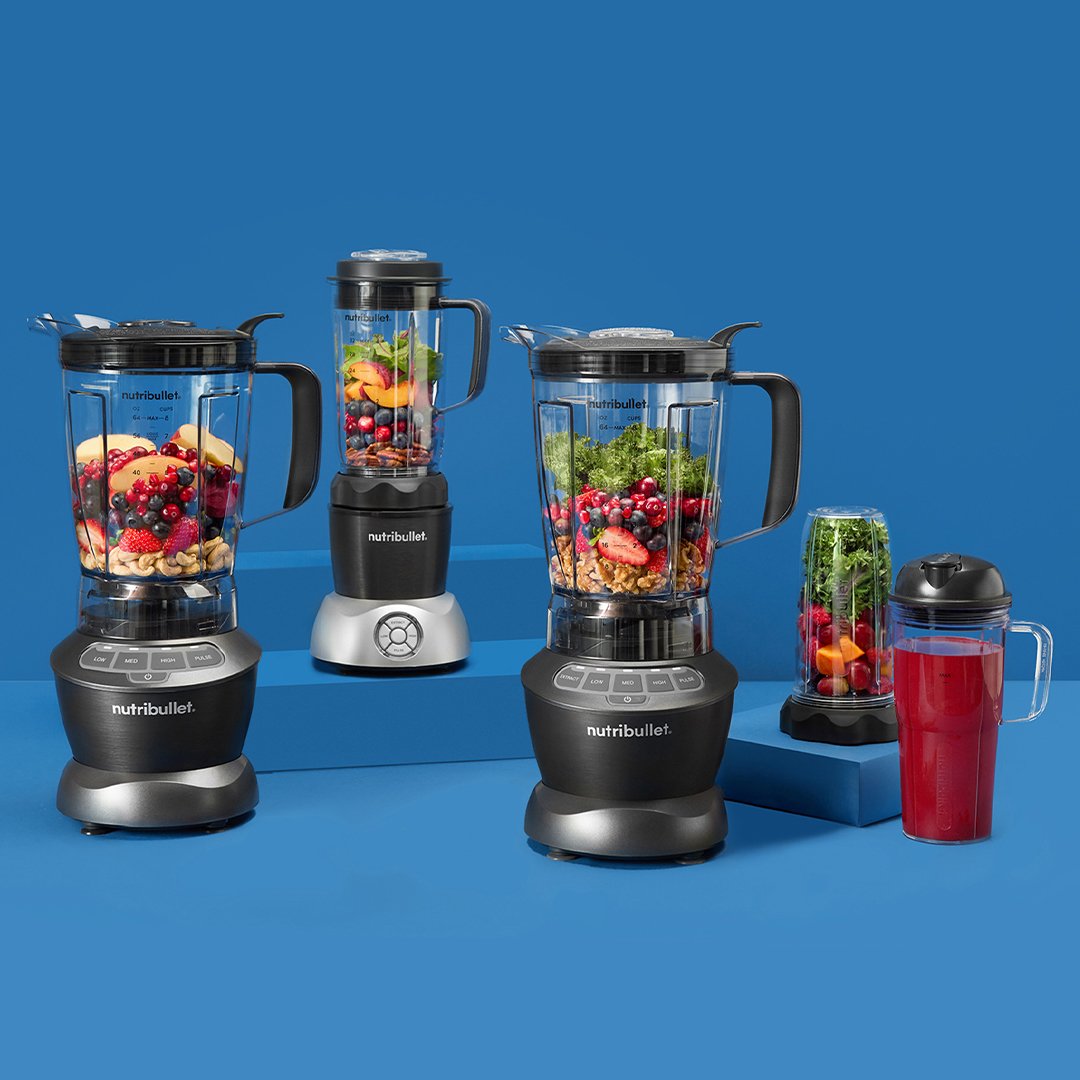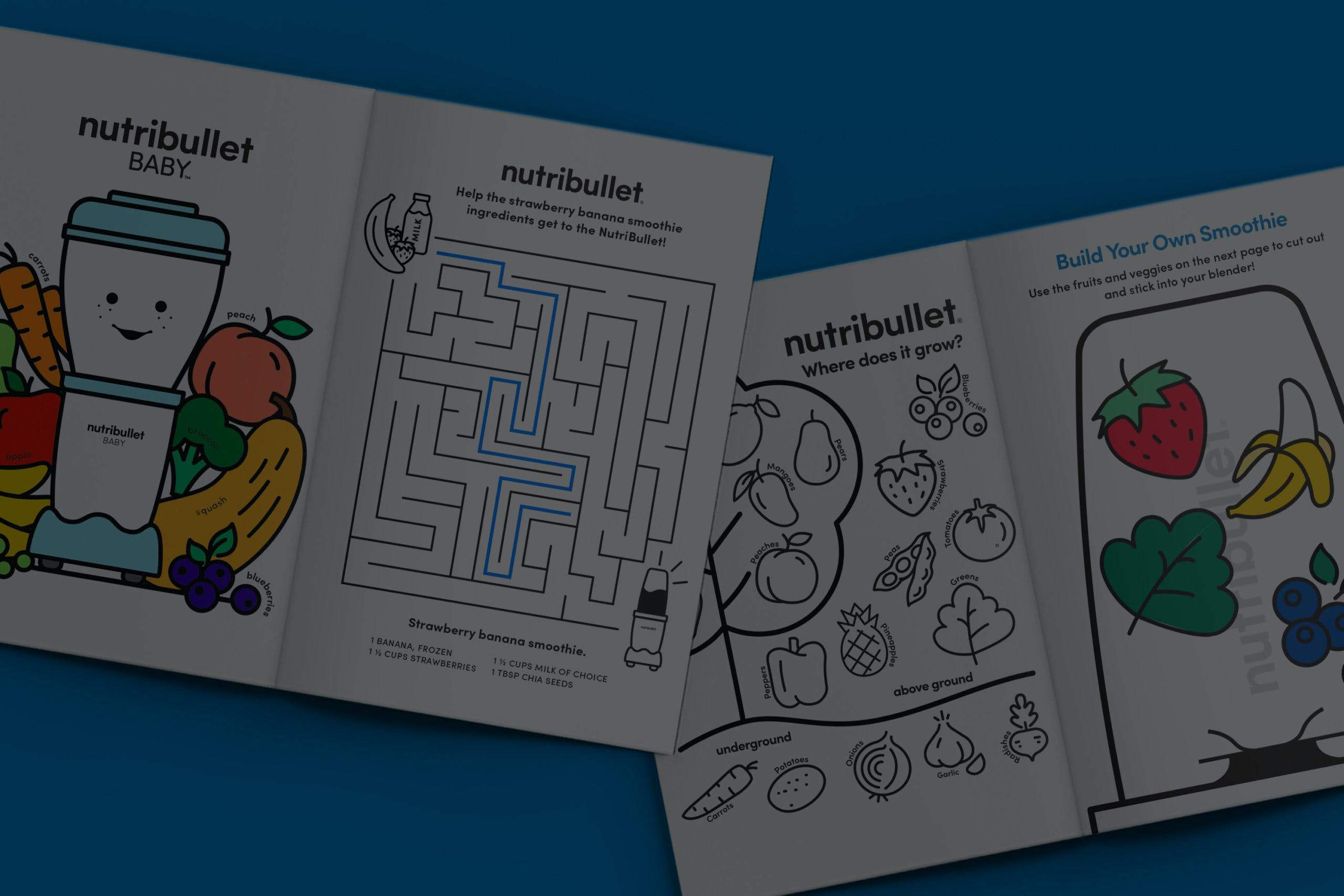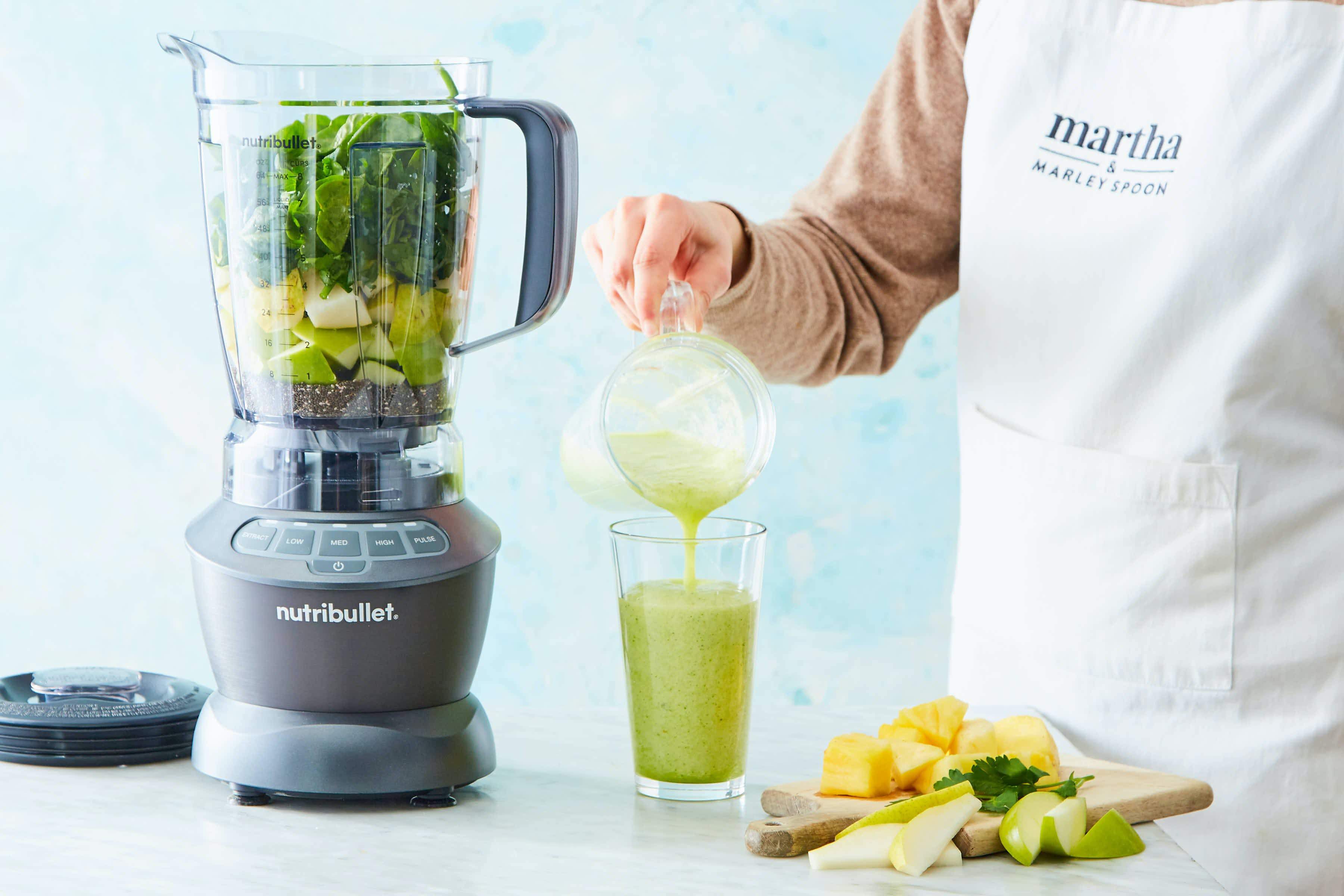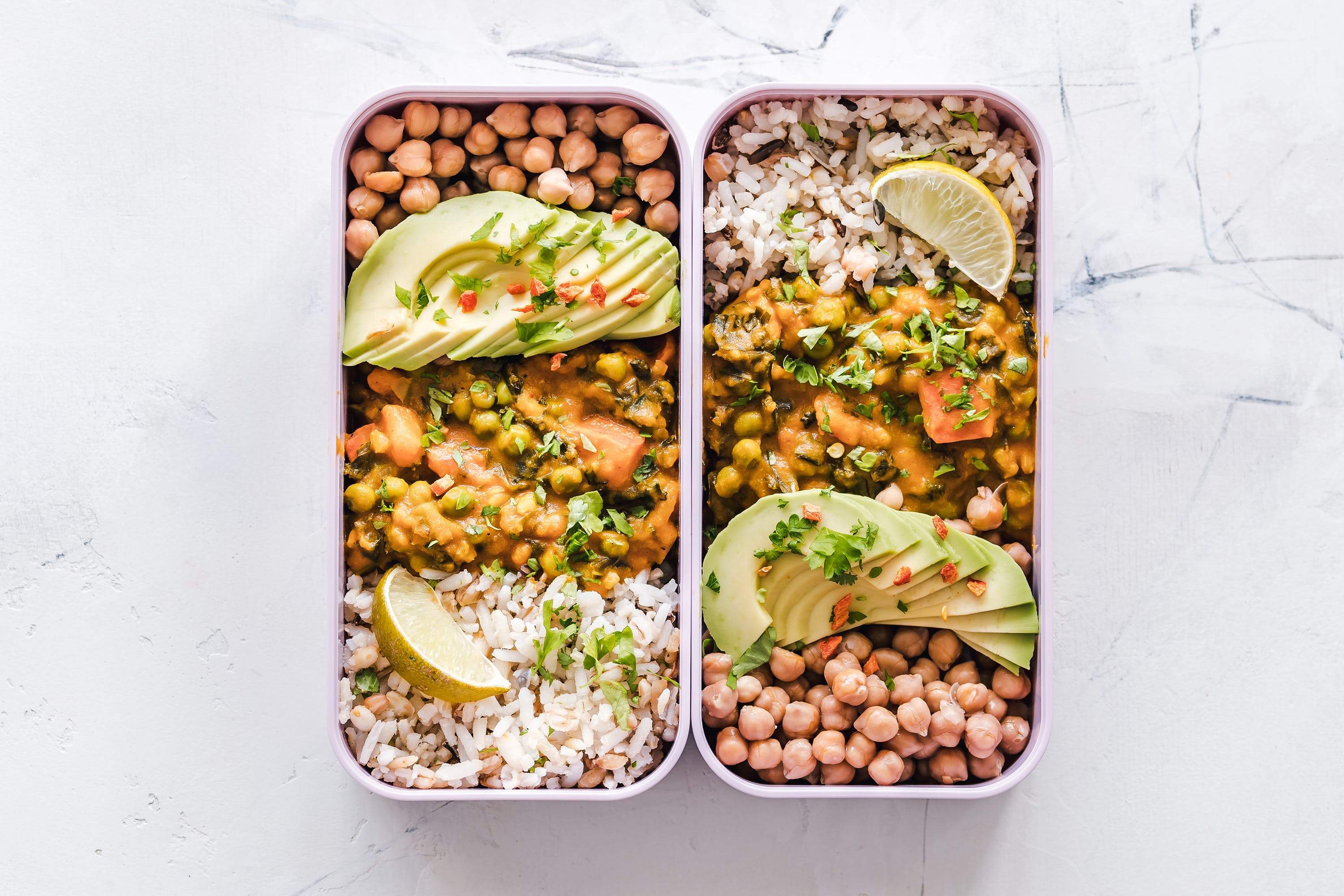Breakfast is the most important meal of the day, right? We always remind our children to eat their breakfast so that they can learn. It fuels our brains and bodies for the day and gets our metabolism going. It also helps regulate appetite so we don’t overeat later on. Due to our increasingly busy lifestyles, however, breakfast became an on-the-go meal. We turn to whatever is easy and quick if we decide to grab breakfast at all. Popular breakfast items include cold cereal, instant oatmeal, microwaveable breakfast sandwiches, or a drive-thru donut and coffee. Then, there’s the grab-and-go packaged granola bar, breakfast cookie or protein bar. We’re also feeding these products to our children.
The National Diet and Nutrition Survey found that while we think we’re prioritizing the most important meal of the day, what we’re really doing is giving ourselves a huge sugar load before starting our very busy and “productive” day. Some of our choices have more than half the recommended intake for the day! We’re also making the same decisions for our children. The World Health Organization (WHO) and U.S Department of Agriculture (USDA) have provided an upper level limit for added sugar in our children’s diets because of the danger it poses to both their growing brains and their livers.
On average, one serving of cereal contains a whopping 12 grams of sugar, all of it added sugar. Let’s start with Raisin Bran. Raisins and bran are both very healthy items to have first thing in the morning. Well, how about raisins rolled in sugar to make them even sweeter (as if they weren’t sweet enough)? One serving of Raisin Bran contains up to 19 grams of sugar, with raisins accounting for 11 of those grams. Most children eat two servings of cereal – and it’s usually not Raisin Bran. Let’s move on to Lucky Charms.
While sugary cereals don’t inherently sound as healthy as Raisin Bran, Lucky Charms are marketed as “magically delicious”. What child or parent doesn’t want to believe in magic at 7 in the morning? I’m not sure whose idea it was to put marshmallows in a breakfast cereal, but I do know that it’s cheaper than whole rolled oats. Sugary marshmallows are one of the inexpensive filler ingredients used as a wonderful business strategy to charge more and make a very large profit.
I don’t want to be unfair and pick on cereal companies without calling out some other sketchy products, as well. Yogurt is usually a natural and healthy choice, right? A cup of strawberry yogurt, however, has 19 grams of sugar while plain yogurt has 7 gram of naturally occurring sugar from lactose. So, the strawberry flavor adds 12 grams of sugar! Not only that, but it’s completely unclear on the package because it doesn’t say “added sugar”. Instead, it lists eight different names for sugar that sound “healthy” to the customer. In fact, it’s so misleading that the USDA has proposed label changes for this issue. Sit tight – that process takes a few years.
This is one example of how important it is to educate yourself on labels. Eat foods that have been minimally processed, responsibly labeled, and are as close to natural as possible. You want to give your body the right nutrients, especially when it comes to the first and most important meal of the day!
Create your own powerful and healthful breakfast of champions! Start your day right with a filling meal that includes essential nutrients like fiber, protein, and complex carbohydrates. Small, healthy substitutes make a huge difference. Instead of sugary cereal and artificially flavored yogurt, how about cooked rolled oats or plain Greek yogurt topped with fresh fruits? And if you’re short on time, quickly whip up a NutriBlast smoothie that’ll fuel your brain and body throughout the day!
Nutritional information
Recipe: Creamy Green Strawberry Dream Serving in this recipe:1
- Calories: 236.6
- Total Fat: 3.6 g 5.5%
- Saturated Fat: 0.4 g 1.9%
- Cholesterol: 0 mg 0%
- Sodium: 358.7 mg 14.9%
- Total Carbs: 45.7 g 15.2%
- Dietary Fiber: 9.9 g 39.4%
- Sugar: 22.1 g
- Protein: 8.1 g 16.2%
- Vitamin A: 481.9% Vitamin C: 244.1%
- Calcium: 68.5% Iron: 26.1%
* Percent Daily Values are based on a 2,000 calorie diet. Your daily values may be higher or lower depending on your calorie needs.

